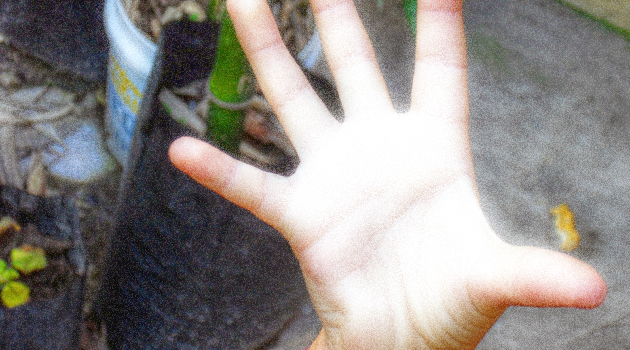Religion and art are saying the same things–stop, pay attention, be aware of the depth of time, see people, see others, be human.” – Frederick Buccaneer
Often when I get sad I read “Dear Sugar” over at The Rumpus or I pull out my well-worn copy of Tiny Beautiful Things: Advice on Love and Life from Dear Sugar. “Dear Sugar” is an advice column in which the beleaguered write in to “Sugar” (writer Cheryl Strayed). The wisdom of her responses seems to come from a place of love and true empathy. It reminds me that kindness is still a force in our world, even when that kindness may not be what the advice seeker wants to hear.
A lot has been made of Strayed since her memoir Wild was published in 2013 and a film based on the book was released at the end of last year. I don’t need to belabor the praise she’s received. I also don’t mind saying I’m a Strayed devotee, for the reasons I mention above — but there is something even more fundamental to my reverence for writers and artists like Strayed.
It has something to do with rescue: a dangerous, risky business. In rescue, you run straight into havoc, moving from a state of perfect safety into a situation that could see you buried, charred, crushed, disintegrated, drowned, dead. More and more I’ve come to see art, like the kind that Strayed creates, as a kind of rescue mission. Artists like Strayed run straight into the fray of their own failures and triumphs and explore them with abandon, no matter what they discover. So much of what we want to believe in—religion, capitalism, the American Dream, money, power, self above all else (keeping us from really seeing each other)—buttresses our arrogance. Art can explode all that. It can dig us out from beneath the rubble. It sends out a search party using spotlights and bullhorns. It reminds those of us who are lost within our own experience that we’re not alone. Someone else has lived through this. It’s a kind of communion.
And after we’ve clasped a hand and climbed, coughing, into the light, I believe that art has the power to heal. While part of the reason I keep returning to “Dear Sugar” is the opportunity to read about how a person might find redemption and be restored, I also read her because she reminds me what beautiful writing is capable of. Often when I’m stuck in my own work, reading her words acts, for me, like traction freeing me from a snow bank in which I often find myself stranded, spinning out. I tell my writing students to find a Strayed, a writer whose work frees them from their own mud holes, someone who helps them restore their words, and their hearts.
 Jennifer Ochstein is a writer and teacher living in Indiana. She has published book reviews with “Brevity” and the “River Teeth Blog” as well as essays with Hippocampus Magazine, The Evening Street Review, Lindenwood Review and Connotation Press. Follow her at jenniferochstein.com.
Jennifer Ochstein is a writer and teacher living in Indiana. She has published book reviews with “Brevity” and the “River Teeth Blog” as well as essays with Hippocampus Magazine, The Evening Street Review, Lindenwood Review and Connotation Press. Follow her at jenniferochstein.com.


0 comments on “What Doesn’t Kill You Makes Someone Else Stronger”